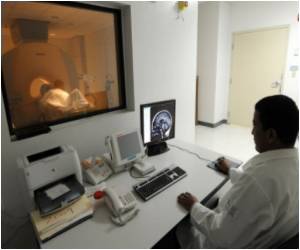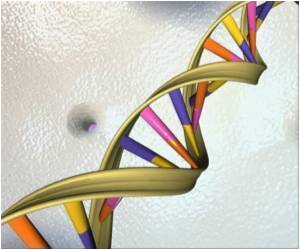A recent study has pointed out that African-American HIV-Infected Kidney Disease Patients are more likely to develop kidney failure and die prematurely.
A recent study has pointed out that African-American HIV-Infected Kidney Disease Patients are more likely to develop kidney failure and die prematurely.
Washington, DC (September 17, 2010) — Because of improved antiretroviral therapies in recent years, HIV-infected individuals are living long enough to develop chronic conditions. Among African Americans, HIV infection is increasingly recognized as an important risk factor for developing chronic kidney disease. African American men and women are more likely to die from the complications of HIV infection compared with Caucasian men and women. To see if racial disparities also exist in the rates of kidney disease progression and death among HIV-infected individuals, Tahira Alves, MD, T. Alp Ikizler, MD, Todd Hulgan, MD (Vanderbilt University Medical Center) and their colleagues studied the health of 2468 HIV-infected patients cared for at the Comprehensive Care Center in Nashville from 1998 through 2005. Rates of kidney function decline were similar in African American and non-African American HIV-infected individuals, but African Americans were more likely to develop kidney failure or end-stage renal disease and had a higher risk of dying during the study period. "It is likely that the current observations result from the interaction of multiple factors, including, but not limited to, possible genetic, social, and other clinical risk factors," the authors noted. The findings warrant further exploration and may have significant public health implications. The article, entitled "Race, Kidney Disease Progression, and Mortality Risk in HIV-Infected Persons," will appear online at
http://cjasn.asnjournals.org/ on September 23, 2010, doi 10.2215/CJN.00520110.
2. African American or Older Kidney Transplant Candidates Have Slimmer Chances of Receiving Living Donor Organs
Source-Eurekalert















